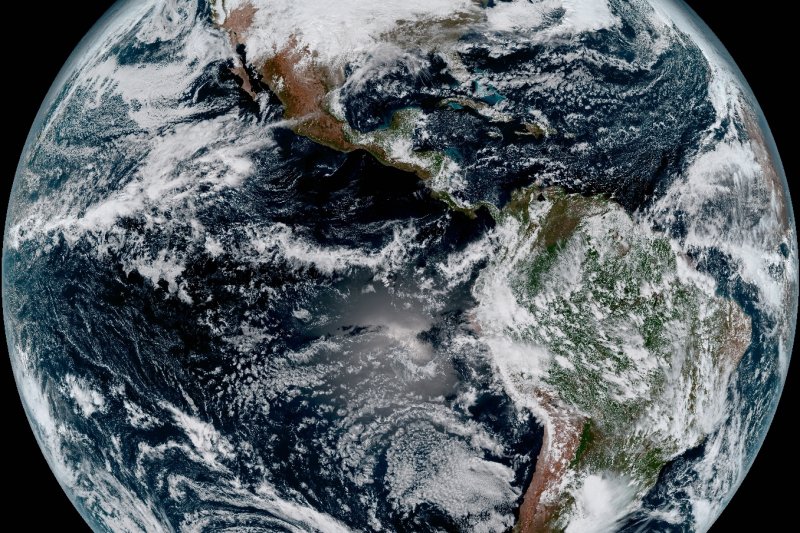New research suggests the vast majority of climate science research being published is fact-based and unbiased. Photo by NOAA/UPI |
License Photo
March 15 (UPI) -- A new survey confirms climate change research published in peer-reviewed scientific journals is untainted by so-called publication bias.
If a study's conclusion, not the quality of its content, impacts whether or not it gets published, the partiality is referred to as "publication bias."
Some have claimed publication bias explains the dearth of studies challenging the man-made climate change consensus.
A new study by scientists at Lund University in Sweden suggests the consensus -- that global warming is happening, and happening as a result of greenhouse emissions -- is based on a sober analysis and reporting of the facts, not collusion or bias.
"Our study is a very large review of the publication record within climate change," Johan Hollander, a biologist at Lund, said in a news release.
In their analysis of more than 120 climate change studies -- comprising 1154 experiments -- published between 1997 and 2013, Hollander and company found no signs of omitted or skewed results. They did, however, find evidence of selective reporting. More dramatic findings were typically moved to the front pages of scientific journals, while smaller, less significant results were relegated to the back pages.
Researchers shared their analysis in the journal Climatic Change.
"It was gratifying to see that the scientific method is robust," Hollander said. "It is important to show that we can trust the results of climate research, even if more work is needed about how those results are reported."
Researchers say climate change skepticism is exaggerated by politicians and polemicists, but not reflected within the scientific community.
"It is a major problem if politicians and other decision-makers don't trust science, or don't understand how scientists communicate their results," Hollander said. "This can lead to important decisions not being taken, or being given lower priority."















